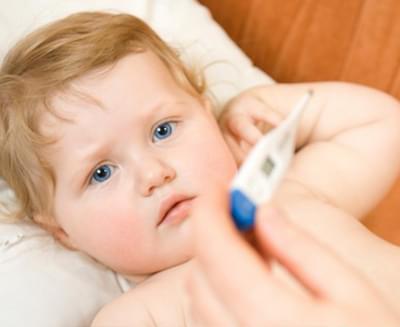
Don't Let Your Child's Fever Become Your Struggle
Fever is common in children and infants and is usually not serious if within certain limits. However, in some cases, it can indicate serious underlying conditions. Therefore, it's crucial to know how to manage a fever and seek medical attention promptly when necessary.Parents+3Nationwide Children's Hospital+3Parents+3
Not every rise in temperature should cause panic, but fevers exceeding 40°C (104°F) require attention. In infants under 3 months, any fever warrants immediate medical evaluation, preferably in a hospital setting.
The critical period for fever is 3 days. In children over 3 months, consider the fever's degree, duration, and the child's overall condition. Children with good general condition, normal feeding, and fevers below 38.5°C (101.3°F) can be monitored at home for up to 3 days. If the fever persists beyond 3 days, consult a doctor. In infants over 6 months, if the fever doesn't exceed 39°C (102.2°F) and the child appears well, lowering the fever may not be necessary.
During treatment, it's important to start specific therapy targeting the underlying cause at the appropriate time. Antibiotics should not be used as antipyretics and must only be administered upon a doctor's recommendation.
Top 5 Measures Against High Fever in Children
-
Mind their clothing: In mild fevers around 38.5°C (101.3°F), remove excess clothing and dress the child in lightweight, loose-fitting pajamas.
-
Ensure adequate fluid intake: Encourage the child to drink plenty of water and fluids.
-
Maintain room temperature: Keep the room temperature between 21-22°C (69.8-71.6°F).
-
Give a lukewarm bath: Bathe the child with water at 29-32°C (84.2-89.6°F) or apply lukewarm wet cloths.
-
Avoid immediate use of antipyretics: If the fever reaches 39°C (102.2°F), consult your doctor before administering fever-reducing medication.
5 Actions to Avoid During High Fever in Children
-
Do not cover a shivering, feverish child with blankets.
-
Avoid dressing the child in thick clothing.
-
Never bathe the child in cold water.
-
Do not apply compresses with alcohol or vinegar (including cologne).
-
Avoid frequent administration of antipyretic medications. These practices can lead to increased fever and risks of medication or alcohol poisoning.

